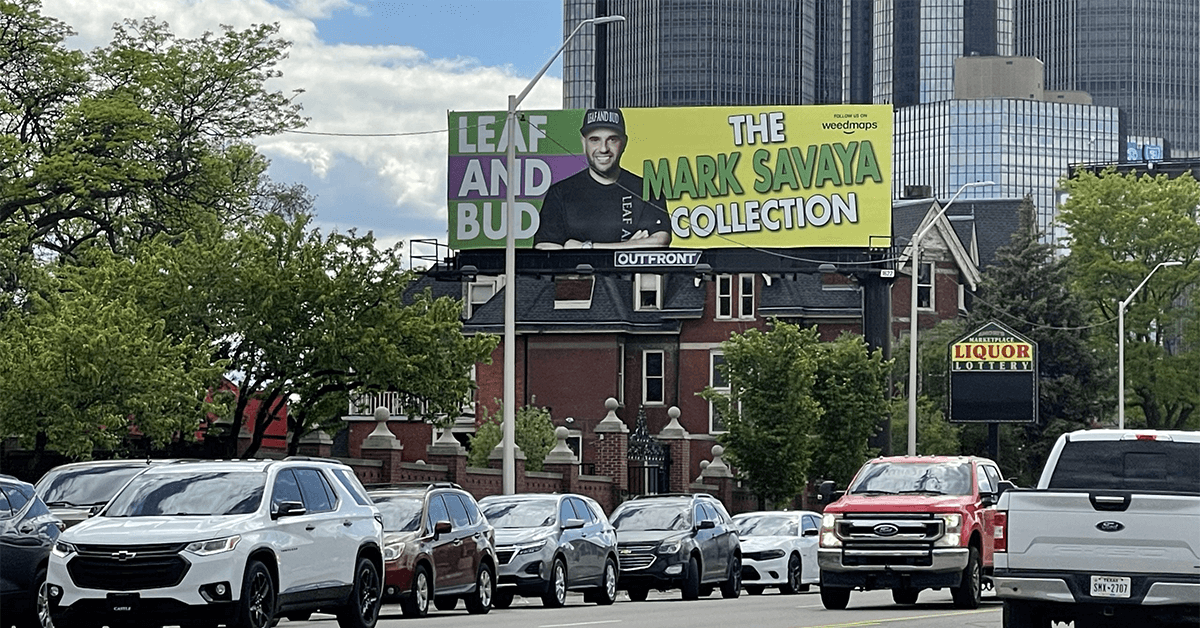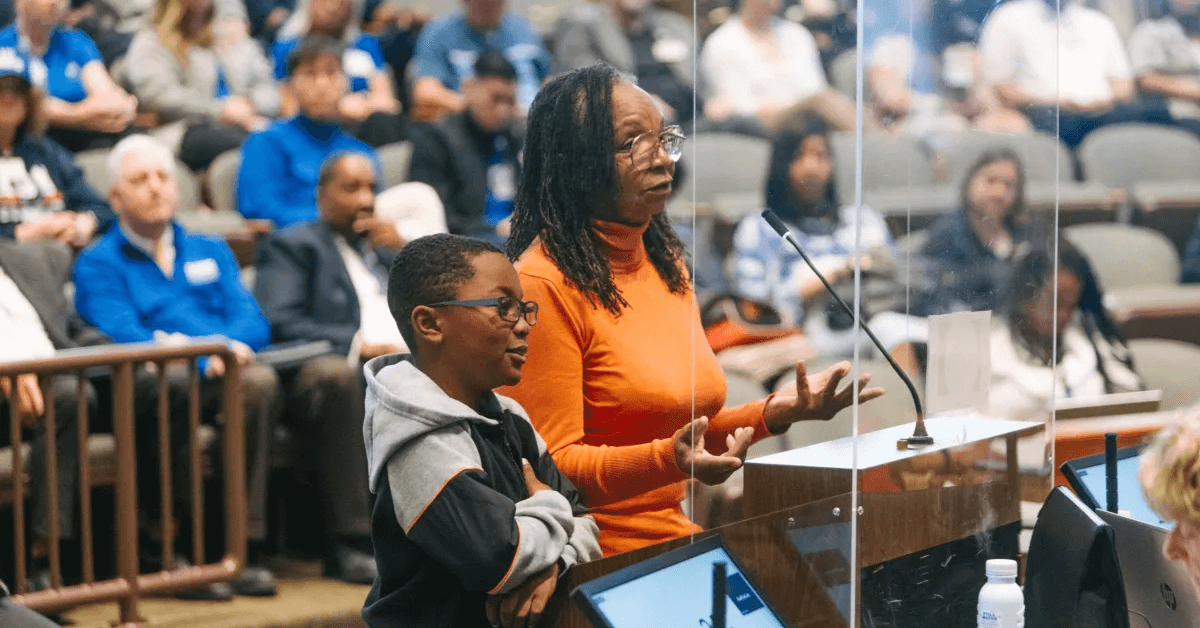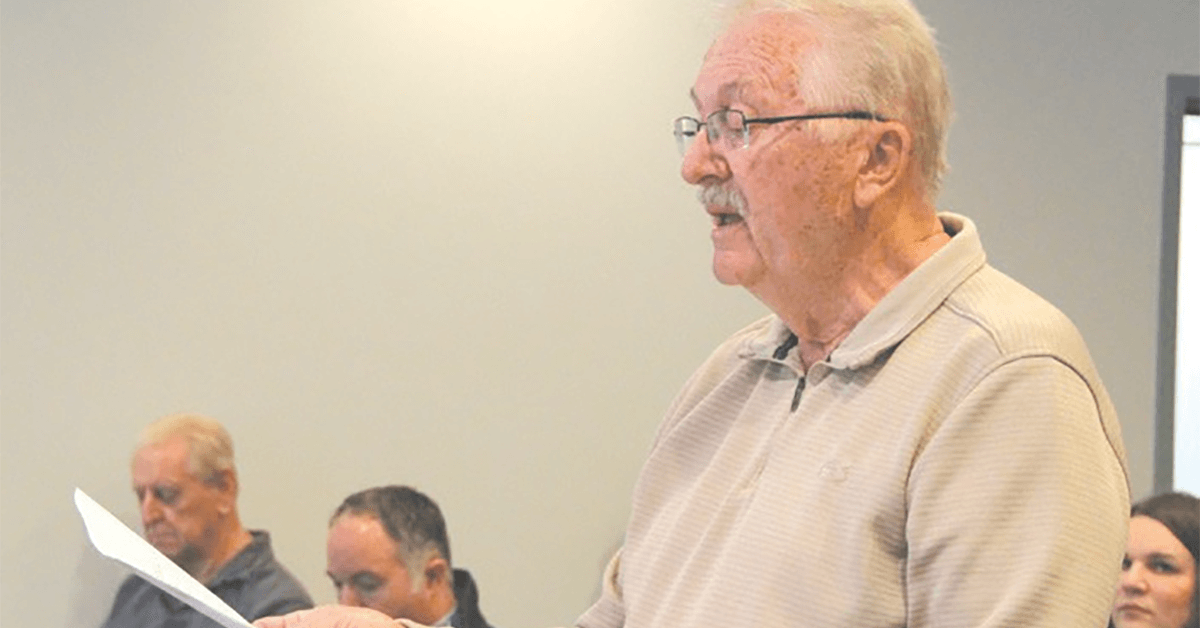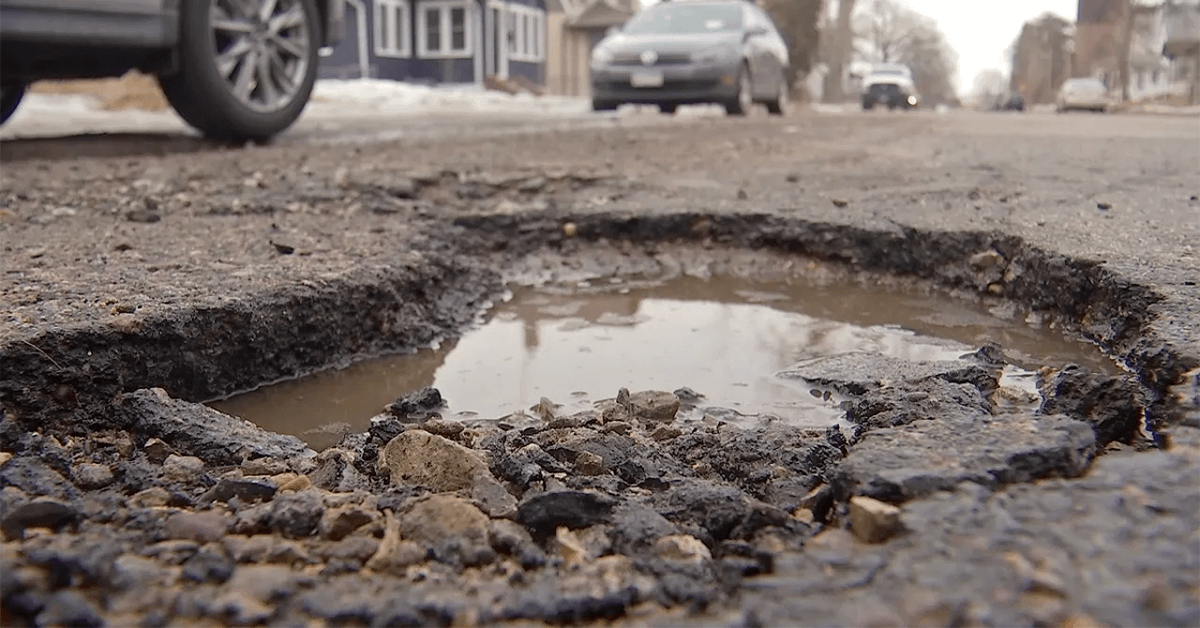From Schedule I to III: MSU Explores the Implications of Cannabis Reclassification

The discussion on reclassifying cannabis has intensified at Michigan State University (MSU), where specialists are examining the potential impacts of changing cannabis from a Schedule I to a Schedule III substance. This anticipated adjustment by the U.S. Drug Enforcement Administration could significantly broaden the scope for research and clinical trials, potentially transforming medical treatment and societal perceptions of cannabis.
Unlocking Medical Research Potential
The possible reclassification of cannabis is seen as a gateway to medical progress. With fewer research restrictions, MSU scientists are keen to investigate the therapeutic benefits of cannabis and its components, including CBD, THC, and CBN. This shift could particularly benefit patients suffering from chronic pain and cancer by providing them with alternative treatment avenues previously blocked by regulatory barriers.
However, this optimism is balanced with caution. Experts highlight that while reclassification could simplify the path to medical research, it may also lead to heightened misuse and abuse. The healthcare system, already burdened by addiction treatments, might face further challenges. Additionally, easier access could impact vulnerable groups such as children and pregnant women, who are advised against cannabis use.
Social Implications of Reclassification
The reclassification could also have deep social ramifications. There is active discussion about how this change could affect individuals previously incarcerated for cannabis-related offenses, potentially addressing long-standing racial disparities. Data indicates that Black individuals are disproportionately arrested for cannabis offenses compared to their white peers, despite similar usage rates. This policy change could act as a springboard for more extensive political, societal, and cultural shifts, fostering equity and justice.
MSU experts are calling for a cautious approach to reclassification, recommending an increase in the addiction medicine workforce to balance the potential benefits against the risks of misuse.
The Future of Cannabis Research
The reclassification could unlock a treasure trove of data on cannabis's effects on various health conditions, including HIV, diabetes, and cardiovascular and metabolic disorders. MSU researchers are eager to lead this investigation, exploring the scientific underpinnings of cannabis and its potential health advantages.
The path forward is fraught with complexities and potential side effects that require prudent management. Nevertheless, the consensus among MSU experts is that the reclassification of cannabis is a crucial step towards fully understanding and leveraging its capabilities, both medically and socially.
Council Member Advocates for Restrictions on Cannabis Billboards in Detroit

In an effort to regulate the prevalence of cannabis-related advertisements in Detroit, Council Member Angela Whitfield Calloway has initiated a proposal to cap the number of cannabis billboards within the city. The proposed measure, set to be introduced at the upcoming council meeting, will request the city's Legislative Policy Department to develop a report outlining potential restrictions on such billboards.
Calloway voiced her concerns regarding the proliferation of cannabis billboards, particularly criticizing the advertising tactics of the cannabis dispensary Leaf & Bud, operated by CEO Mark Savaya. A particular billboard near the Southfield Freeway on 8 Mile Road—prominently advertising "Free Weed"—has been singled out by Calloway as possibly violating local advertising ordinances. "I believe the 'weed, come and get it it's free' is violating ordinances. I'm not sure but I'm in conversations with an attorney," Calloway stated.
This initiative is supported by fellow council member Scott Benson, with whom Calloway is collaborating to draft an ordinance to potentially ban such signage. Referencing measures already adopted by other cities across the country, Calloway expressed optimism about similar regulations being implemented in Detroit: "So, if they can do it in other communities across the country, we can do it here in Detroit. And I am hopeful that what you see today, you will not see next year this time."
The issue of cannabis advertising has also resonated within the community, underscored by an 11-year-old's recent appearance before the council to discuss the impact of seeing numerous cannabis advertisements on his daily route to school.
Further elevating the concern over cannabis exposure among youth, Detroit Public Schools Community District Superintendent Nikolai Vitti reached out to Michigan Governor Gretchen Whitmer and Detroit Mayor Mike Duggan. In his letter, Vitti urged stronger regulations to curb the accessibility of marijuana edibles and vape pens to students, highlighting recurring incidents requiring medical intervention.
Young Citizen's Concerns Prompt Discussion on Cannabis Advertising in Detroit

A young resident's plea at a Detroit City Council meeting has prompted discussions about the pervasive advertising of cannabis in the city, highlighting concerns over its influence on children. Nine-year-old Kaydn Mahouli voiced his apprehensions about cannabis advertisements that he frequently encounters when visiting his grandmother in Detroit. He expressed fears that such promotions could entice his peers into experimenting with cannabis.
Kaydn, who resides in Beverly Hills but visits Detroit often, mentioned specific companies like House of Dank and Mark Savaya's Leaf and Bud whose advertisements he sees regularly. His concerns have caught the attention of Council Member Angela Whitfield-Calloway, who subsequently requested a report from the Legislative Policy Division (LPD) on possible measures to restrict cannabis-related advertising, particularly billboards.
Supporting the call for regulatory changes, Detroit Superintendent Nikolai Vitti shared alarming observations of increased cannabis use among students during school hours. In a letter addressed to Governor Gretchen Whitmer and City Council members, Vitti described frequent incidents of students being hospitalized due to the intentional or accidental consumption of cannabis, particularly edibles. The superintendent's letter also highlighted the issue of edibles being packaged in wrappers similar to popular candy brands, potentially misleading children.
Vitti reported a significant rise in drug-related incidents within the district, with 745 infractions recorded this year alone. Amid these concerns, Whitfield-Calloway pointed out that one particular company's billboards were overly dominant in the city's landscape, although she did not specify the company.
Addressing the council, LPD Director David Whitaker acknowledged the complexity of curbing commercial speech, given the legal nuances involved. However, he noted that the city allocates 2% of state cannabis tax revenue to youth substance abuse programs.
Further discussions led by Councilman Scott Benson advocated for a more robust approach to prevention. He proposed that 10% of the city's cannabis revenue should be directed toward substance abuse prevention programs. Benson emphasized the importance of addressing the adverse impacts of cannabis on youth, acknowledging the powerful role of community voices in this dialogue.
The Detroit Health Department is set to launch a new initiative this summer, funded by $40,000 from cannabis revenues, aimed at enhancing substance abuse prevention efforts. However, Benson and other council members believe more substantial funding is necessary to effectively tackle the issue.
Lapeer Community Submits Petition Against Cannabis Facility Odors

Residents of Lapeer, Michigan, are expressing growing concern over the pervasive smell of cannabis emanating from a local grow facility. At a recent Lapeer City Commission meeting, former judge Mike Higgins, now a resident of Andrews River Estates, voiced these concerns on behalf of his neighborhood. Higgins, along with 46 other residents, submitted a petition urging the city to take action against the ongoing odor issue, which they believe diminishes their quality of life.
The petition highlights the residents' frustration, stating, "Whereas we want to stop the pollution and odor coming from the cannabis growing and production facilities in the area, and whereas this pollution has been ongoing for months without a specific remedy in place; and whereas we believe this pollution is a nuisance under the city cannabis licensing ordinance and interferes with lawful use and enjoyment of our property." It demands that growers and producers submit and implement a plan to eliminate the odor as a condition of maintaining their licenses.
Lapeer attorney Tim Denney and resident Bryan Cloutier also spoke at the meeting, emphasizing the need for better planning, zoning, and code enforcement to manage the cannabis industry effectively. Cloutier criticized the current approach, suggesting that more strategic planning could have prevented these issues.
In response, Lapeer City Manager Mike Womack acknowledged the community's concerns, which he shared, noting that a six-month moratorium on new cannabis businesses had already been enacted to allow time to review and strengthen city policies and ordinances.
The meeting also addressed other civic matters, including pedestrian safety and beautification initiatives proposed by residents Boris and his wife, who suggested implementing "traffic calming" measures such as painted intersection murals and curb extensions. Mindy Schwab from the Lapeer Main Street Downtown Development Authority updated on activities and upcoming events, emphasizing efforts to enhance downtown Lapeer's appeal and accessibility.
Moreover, the City Commission approved several motions, including a lease agreement for a historic pavilion, a special event request from Lapeer Community Schools, and road repairs at Mt. Hope Cemetery. These approvals underline the commission's ongoing commitment to improving city infrastructure and community life.
This episode illustrates the complexities of local governance, where civic improvements and industrial growth must be balanced with the preservation of residents' quality of life.
'Pot for Potholes': Bay City's Strategy to Enhance Neighborhood Roads

Bay City has adopted a new initiative to allocate cannabis sales revenue towards enhancing local infrastructure, particularly focusing on neighborhood streets. This program, humorously named "Pot for Potholes," aims to address the long-standing issues of road maintenance in residential areas.
Chris Girard, Sixth Ward City Commissioner, highlighted that the city garnered $900,000 last year from cannabis sales, a figure he anticipates will increase. These funds will now be directed exclusively towards infrastructure projects. Girard emphasized the need to channel more resources into neighborhood improvements, noting the significant expenditures on roads that residents felt were not benefiting their local areas.
"The resolution I presented, Pot for Potholes, is all about getting those improvements into our neighborhoods where they're desperately needed," Girard stated. He expressed a strong commitment to finding solutions to enhance the quality of local streets, which form the backbone of daily community interaction.
Residents have responded positively to the initiative. Daniel Vanguilder, a local, praised the city's decision, stressing the importance of reinvesting in the city to improve living conditions. "My own street is bumpy, noisy, and dusty, especially when heavy vehicles pass by," Vanguilder described. He sees the directed funds as a crucial step towards rectifying these issues.
Under the resolution, the city manager is tasked with the allocation of state-provided cannabis revenue to these infrastructure projects. The focus will be on making tangible improvements to neighborhood streets, enhancing the overall quality of life and well-being of the community.
Moreover, the resolution mandates periodic reports to the city commission. These updates will track the progress and outcomes of the infrastructure spending, ensuring transparency and accountability in the use of these funds.
Adjustments to the city's budget will be necessary to implement the Pot for Potholes initiative effectively. This strategic move is seen as essential for ensuring that all areas of Bay City benefit fairly from the revenue generated by cannabis sales, avoiding the neglect of less prominent districts in favor of more affluent areas.
Westland Forecasts $4 Million in Revenue from Cannabis Retail by 2029

Westland, Michigan anticipates a significant boost in revenue from its retail recreational cannabis businesses, estimating an income of roughly $4 million over the next six years if all five retail licenses are issued. This projection was highlighted in Mayor Kevin Coleman's recent budget proposal and forecast.
The city is set to receive an estimated $665,000 in tax revenues from local cannabis establishments for the upcoming fiscal year, beginning in July, which will contribute to the city's $82.5 million budget. This revenue accounts for about 1% of the annual budget, and according to city officials, it is poised to have a substantial impact on various municipal needs, including staffing, public facilities, and the public safety vehicle fleet.
Finance Director Steve Smith commented on the importance of this revenue stream: "That might not seem like a lot, but on a per-year basis – next year we're looking at $665,000. That's a lot of money. If we don't have that, we'd notice. It adds up."
Currently, Westland has utilized one of its five retail cannabis licenses, with LIV Cannabis at 37655 Ford Road being the inaugural establishment. Last fiscal year, LIV Cannabis contributed $58,000 in revenue through excise tax. The city, which approved recreational cannabis businesses in 2019, is reviewing three additional proposals for retail licenses.
In Michigan, cannabis is subject to a 10% excise tax. Localities also benefit from increased property taxes on buildings that have been renovated to accommodate these businesses. Smith noted that while the additional revenue is not earmarked for specific uses, it could potentially fund significant municipal projects, such as new public safety equipment or infrastructure improvements.
Mike Elias, CEO of LIV Cannabis, emphasized the unique financial contributions of the cannabis industry, stating, "You're seeing tax revenue coming out of cannabis that no other industry has been able to provide at the speed we have. When you think about the tax potential, it's exponential."
The decision to allow recreational cannabis businesses was also driven by potential economic benefits, such as the redevelopment of underutilized properties, according to Westland Planning Director Mo Ayoub. He observed that these establishments have spurred economic development and renovations in previously blighted areas.
LIV Cannabis aims to integrate into the community by engaging in charity work and collaborating with local organizations like the Rotary Club. Jordan Felix, General Manager of LIV Cannabis, described the diverse clientele they serve: "It can be the 21-year-old who just had a birthday or the 70-year-old who's never been in a dispensary. It's a wide demographic and we're trying to be inclusive. I think the reception has been great."


 Helpful Links
Helpful Links